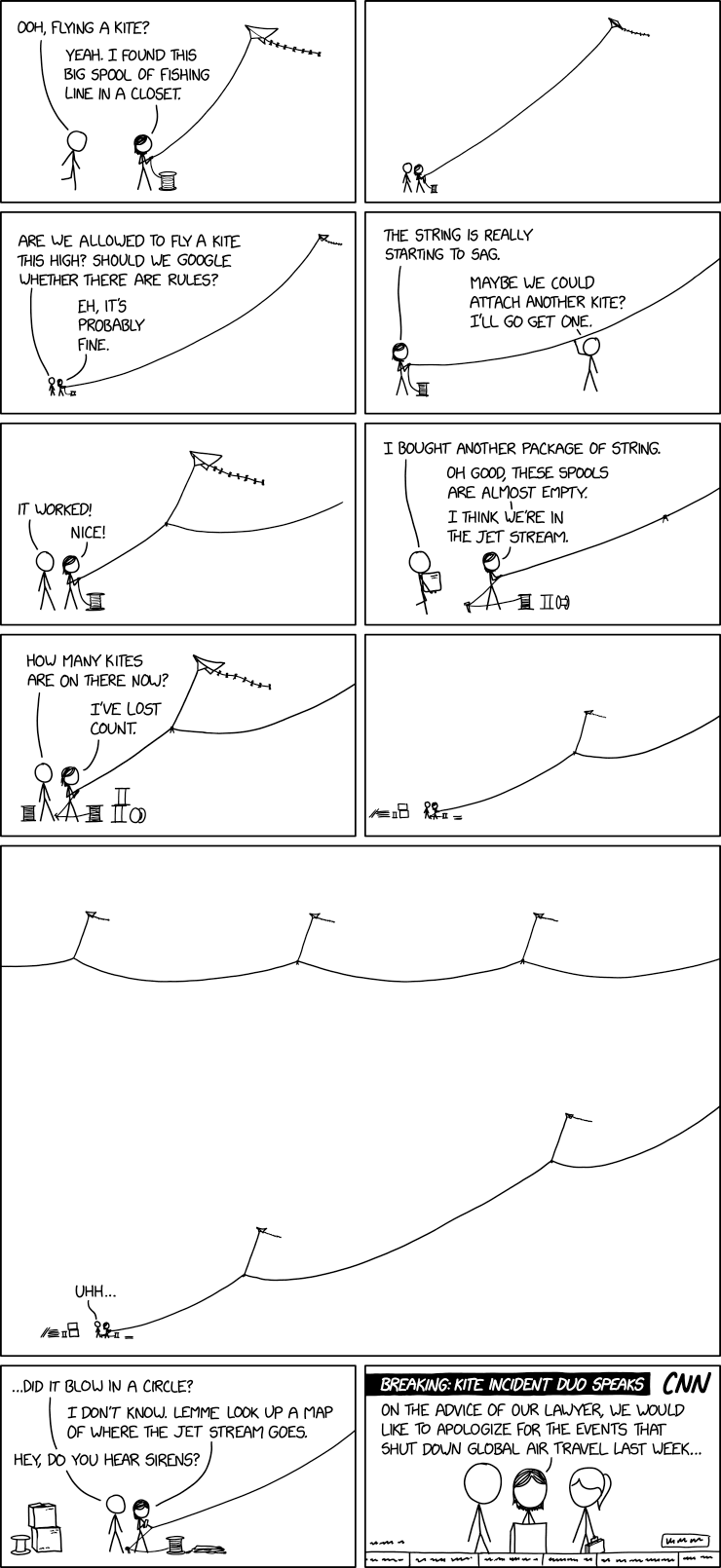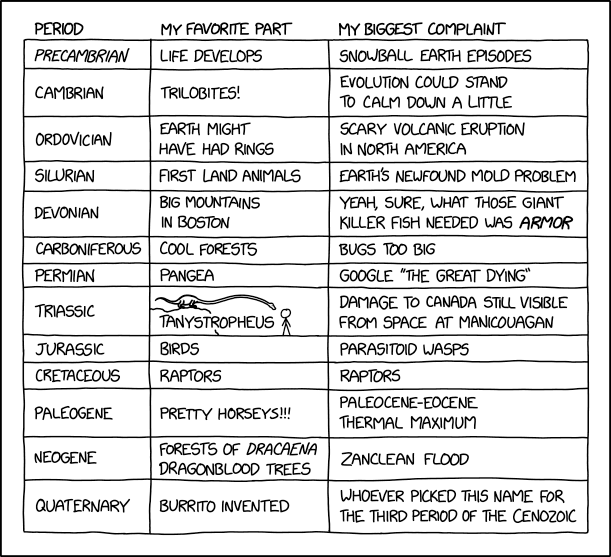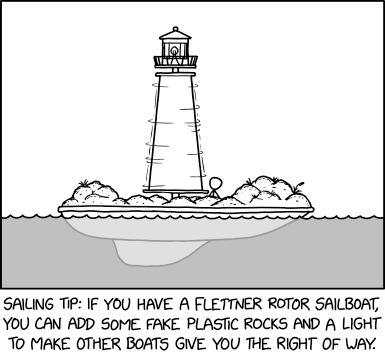
Memory is a funny thing. We all have them, and yet, even when we all have the general same set of memories, each of them is different from the memories of others. Author Mia Tsai has been thinking about memory a lot, and how they come to inform her novel, the very appropriately-named The Memory Hunters.
MIA TSAI:
“You can’t prove [historical event] didn’t happen. Were you there?”
What if we could say yeah, actually, I was? And then we could share the memory of being in that place and time with anyone we chose? What if there were people who could slip back into the genealogical record, pull memories from centuries past, and show definitively that something happened? And then, how would we deal with the fact that memories are not as reliable as we believe them to be, especially eyewitness accounts?
I’ve been fascinated with memory for decades. When it comes to music, I memorize repertoire quickly, and the few times I’ve had trouble with memorization have turned into crisis-inducing moments. I wondered what predisposed me and others like me to memorization and what made it difficult for others to know a piece by heart. Still, we work to memorize deeply in classical music, which means memorizing not just notes on the page, what the hands look like as they play, or what the music sounds like, but the theoretical analysis of the music and the feel of the piece in your body.
I took that fascination with me to college, where I jumped into psychology and cognitive neuroscience and learned how fallible human memory is. The brain is incredibly suggestive, and mistakes happen at every stage of the memorization process, from information gathering to memory retrieval (the infamous selective attention test, also called the invisible gorilla test, wasn’t created to test memory, but it serves as a good example of how someone can be an eyewitness yet not remember critical aspects of the situation).
So, with that knowledge as a foundation, I imagined how retrieving someone else’s memories would work. My own memories aren’t fully realized scenes from a movie; the same holds true for many people. How could someone truly understand someone else’s memories?
And if those memories could be understood, how would they be reframed and shaped as exhibits in a museum?
About ten years ago, I watched a video on Janet Stephens, the hairdresser-turned-archaeologist who now specializes in ancient Roman hairstyles. She’d interpreted the word acus not to mean a hairpin, as others thought, but a needle and thread, and it broke open her understanding of how the hairstyles were created.
In the future, with no real documentation on how to use our everyday items, like self-sticking wall hooks or decorative toothpicks (or 8-tracks, floppy disks, and manual transmissions) we might need our own Janet Stephens. How would anthropologists and archaeologists write about us in museums? This cast-iron hook I had, which was supposed to be drilled into a post and used to hang pots, an object I thought was simple enough that it could not be misconstrued as anything else—would it get misinterpreted two hundred years into the future? Would its placard in the museum read like this? OBJECT OF UNKNOWN FUNCTION, EARLY TWENTY-FIRST CENTURY. CAST IRON. Wouldn’t it make research easier if, say, an anthropologist with the ability to pull memories from DNA fragments could take specimens off said hook hundreds of years later, say yes, I was there, then write more accurately about it?
But it’s not enough to magically pull a memory and present it. Our lives are rooted in culture and context at increasingly micro levels thanks to social fragmentation, and so the people doing the memory work would also need to be well versed in the historical context of the memory. Much like how “acus” mystified archaeologists until a hairdresser came along with the right knowledge set, the memories gathered by my fantasy anthropologists would need someone to interpret them—perhaps someone living who would have a tangible, contextual connection to the memory, someone who might be looking for lost ancestral knowledge or needed a reference to how things used to be done.
None of that personal connection would have a place in a museum. Thus, I created the memory temple as well as a system of ancestor worship for the everyday things that have great personal impact but much less impact when weighed against the rest of public history. I took inspiration from Taiwanese ancestor worship as well as the practice of people going to the cemetery to speak to their loved ones. And The Memory Hunters continued to grow.
There wasn’t a part of society diving didn’t touch. In effect, the characters in the book would always be beside their ancestors except for those who had been sundered from family heirlooms or relatives. I turned that over for a bit, not really able to get my jaws around it, until one day I heard someone say she’d love to sit with her ancestors for five minutes. Suddenly, it crystallized for me so many of the book’s issues that had been hovering just out of reach. It put me back in first grade, living half a world away from the rest of my family, when we were tasked with bringing in a family tree (I could not).
The Memory Hunters takes place in a world where distance and lost knowledge can be overcome, and I think that’s the biggest speculative aspect of it.
The Memory Hunters: Amazon|Barnes & Noble|Bookshop|Powell’s





 Have you ever wished you could just pay someone to scratch your back and play with your hair? Like a massage but lighter and softer? Well, it turns out you can, and I totally did it.
Have you ever wished you could just pay someone to scratch your back and play with your hair? Like a massage but lighter and softer? Well, it turns out you can, and I totally did it. (based in LA & poppin’ up all over!)
(based in LA & poppin’ up all over!)  (link in bio / softtouchasmr.com) Soft Touch is LA’s 1st & only ASMR Spa for gals, trans & non-binary pals
(link in bio / softtouchasmr.com) Soft Touch is LA’s 1st & only ASMR Spa for gals, trans & non-binary pals 




